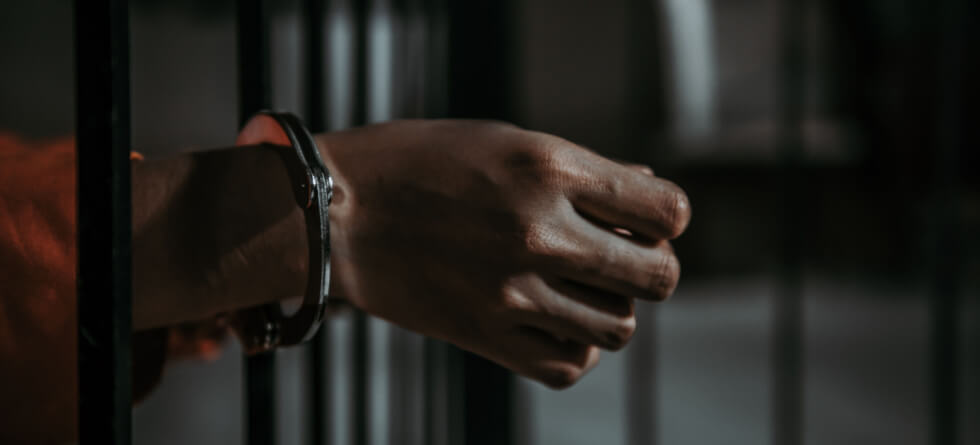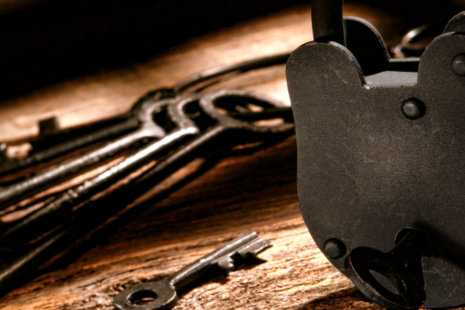The length of time a jail can hold you depends on several factors, including the nature of the charges against you and the legal processes involved. Here are a few important considerations:
- Arrest and Booking: When you are initially arrested and taken into custody, you will typically go through the booking process, where your personal information is recorded, and you may be held temporarily in a holding cell. This period is usually relatively short, typically a matter of hours.
- Pretrial Detention: If you cannot post bail or secure your release through other means, you may be jailed pending trial. The duration of pretrial detention can vary significantly based on factors such as the complexity of your case, court availability, and other factors specific to your jurisdiction. Sometimes, it could be weeks or months before your trial takes place.
- Sentencing: If you are found guilty of the charges against you, the sentencing decision will determine the length of your jail stay. The sentencing may occur immediately after a guilty verdict or at a separate hearing. The duration of the sentence will depend on the specific laws and guidelines governing the offense committed.
- Legal Processes and Appeals: In some cases, legal processes and appeals can extend your time in jail. If you choose to appeal your conviction or if there are delays in the appellate process, it could result in a longer period of incarceration.
The legal system aims to balance the right to a fair and timely trial with protecting public safety. Suppose you believe you are being unlawfully detained or held beyond a reasonable time frame. In that case, it is advisable to consult with an attorney who can provide guidance based on your jurisdiction’s specific laws and procedures.






